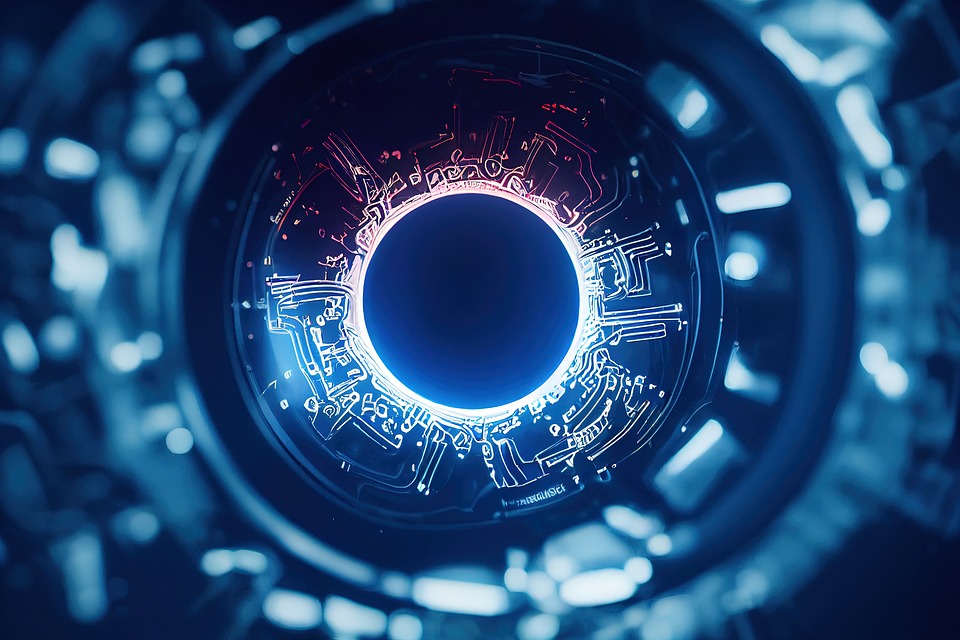AI Breakthrough: Scientists Create First-Ever AI-Generated Human Organ
In a groundbreaking achievement, a team of scientists has successfully created the world’s first-ever AI-generated human organ. This revolutionary breakthrough has the potential to transform the field of medicine and revolutionize the way we approach organ transplantation.
The team, led by Dr. Maria Rodriguez, a renowned expert in artificial intelligence and tissue engineering, used a combination of machine learning algorithms and 3D printing technology to create the AI-generated organ. The organ, a functional human kidney, was designed and printed using a specially developed AI software that can analyze and mimic the structure and function of human tissue.
According to Dr. Rodriguez, the creation of the AI-generated organ is a major milestone in the field of regenerative medicine. "This achievement demonstrates the power of AI in creating complex biological structures that can mimic the function of human organs," she said. "The potential applications of this technology are vast, and we believe it could lead to significant advancements in the treatment of various diseases and injuries."
The AI-generated kidney was created using a combination of computer simulations and 3D printing. The team used a machine learning algorithm to analyze the structure and function of human kidneys, and then used this data to design a digital model of the organ. The digital model was then used to create a physical prototype of the kidney using a 3D printer.
The AI-generated kidney was tested in a series of experiments, and the results were impressive. The organ was found to be functional and capable of filtering waste and excess fluids from the blood, just like a natural human kidney. The team also observed that the AI-generated kidney was able to adapt to changes in blood flow and pressure, demonstrating its ability to mimic the natural function of a human kidney.
The implications of this breakthrough are significant. The creation of AI-generated organs could potentially revolutionize the field of organ transplantation, allowing for the creation of organs that are tailored to individual patients’ needs. This could greatly reduce the risk of organ rejection and improve the success rate of transplants.
The technology could also be used to create organs for patients who are waiting for transplants, reducing the need for organ donation and the risk of organ failure. Additionally, the AI-generated organs could be used for research purposes, allowing scientists to study the function and behavior of organs in a controlled environment.
While the creation of AI-generated organs is a significant breakthrough, there are still many challenges to overcome before this technology can be used in clinical settings. The team is currently working to improve the accuracy and precision of the AI software, as well as to develop methods for integrating the AI-generated organs with the human body.
Despite these challenges, the potential of AI-generated organs is vast, and the team is excited about the possibilities. "This breakthrough has the potential to transform the field of medicine and improve the lives of millions of people around the world," said Dr. Rodriguez. "We are proud to be at the forefront of this technology and look forward to continuing to push the boundaries of what is possible."
The creation of AI-generated organs is a testament to the power of human innovation and the potential of artificial intelligence to transform our lives. As this technology continues to evolve, we can expect to see significant advancements in the field of medicine and beyond.

